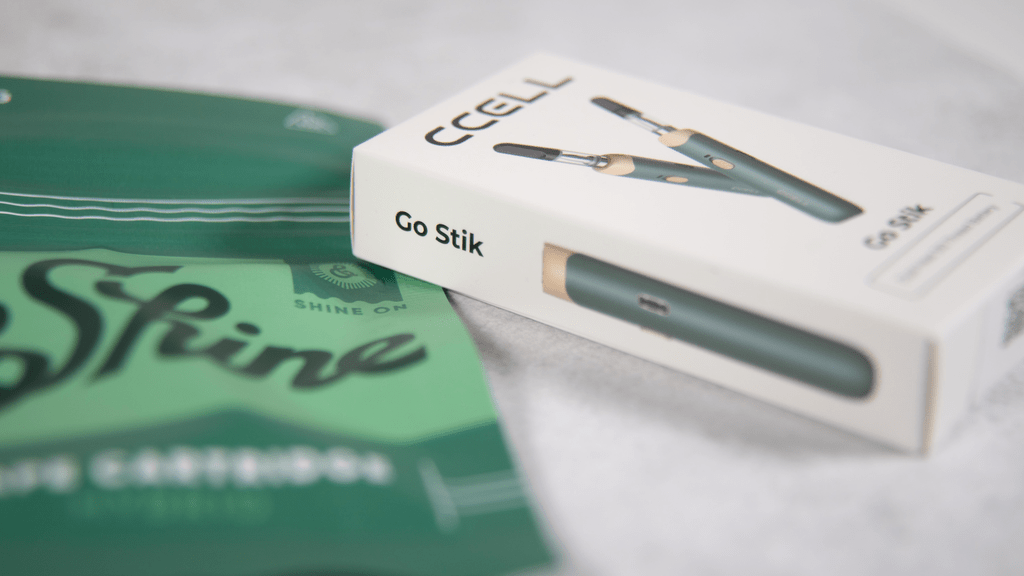Artificial intelligence has seeped into nearly every corner of modern life—from healthcare to hiring decisions—and now it’s creeping closer to the world of firearm background checks. As federal and state systems experiment with advanced data tools to streamline approvals, one question lingers in the cannabis community: could AI eventually pull medical marijuana data into firearm background checks?
It’s a scenario that raises eyebrows across both the gun rights and cannabis reform spectrum, where privacy, legality, and technology collide in complicated ways.
Where AI Fits into the Background Check System
The FBI’s National Instant Criminal Background Check System (NICS) currently relies on a mix of criminal, mental health, and immigration records to flag prohibited buyers. But the process remains largely reactive, based on manual data entry and outdated systems. AI promises to change that.
By integrating predictive algorithms and data analytics, future background checks could process information in seconds—analyzing trends, identifying red flags, and even cross-referencing multiple databases for consistency. Proponents say that could help prevent guns from falling into dangerous hands while reducing delays for law-abiding buyers.
However, the same technology that enables efficiency could also blur lines between legitimate privacy and overreach—especially when cannabis use enters the picture.
The Cannabis Conundrum
Even in states where cannabis is fully legal, federal law still classifies marijuana as a Schedule I drug. Under current Bureau of Alcohol, Tobacco, Firearms and Explosives (ATF) rules, anyone who admits to using cannabis—medical or recreational—is considered an “unlawful user.” That single designation automatically disqualifies them from purchasing or possessing a firearm.
But the data that could prove someone uses cannabis—like a state medical marijuana registry, purchase record, or patient card—exists in separate systems, often protected under state privacy laws. AI integration could, theoretically, bridge those data silos, giving background check systems the power to analyze cannabis-related information in real time.
That’s where things get tricky. Would an AI-powered background check one day flag a patient simply for holding a medical cannabis card? Could it misinterpret data or overreach beyond what’s legally allowed?
Privacy, Policy, and Predictive Pitfalls
AI isn’t immune to bias or error. It only knows what it’s fed—and cannabis data is murky at best. Some states anonymize patient records, while others store information in secure databases separate from any federal access. Integrating that data with firearm checks would require major policy shifts, including navigating HIPAA protections, state sovereignty, and individual rights under the Second Amendment.
Moreover, predictive systems could create “probabilistic guilt.” For instance, an algorithm might infer cannabis use based on zip codes, prescription history, or even social media mentions. That kind of profiling could unfairly target patients and recreational consumers who are acting within state law.
The Future Balance
At least for now, cannabis data remains off-limits to federal background check systems. But as AI continues to evolve and states move toward digital governance, pressure will mount to unify data streams for “public safety” purposes. The debate will hinge on whether that integration upholds the spirit of fairness—or becomes another avenue for surveillance and discrimination.
Until cannabis is reclassified federally, the two worlds—AI-driven gun checks and marijuana policy—will remain uneasy neighbors. But it’s clear that technology is moving faster than the law. Whether AI will one day connect those dots depends not just on code and databases, but on the ongoing fight to define what freedom, privacy, and responsibility truly mean in a high-tech society.




